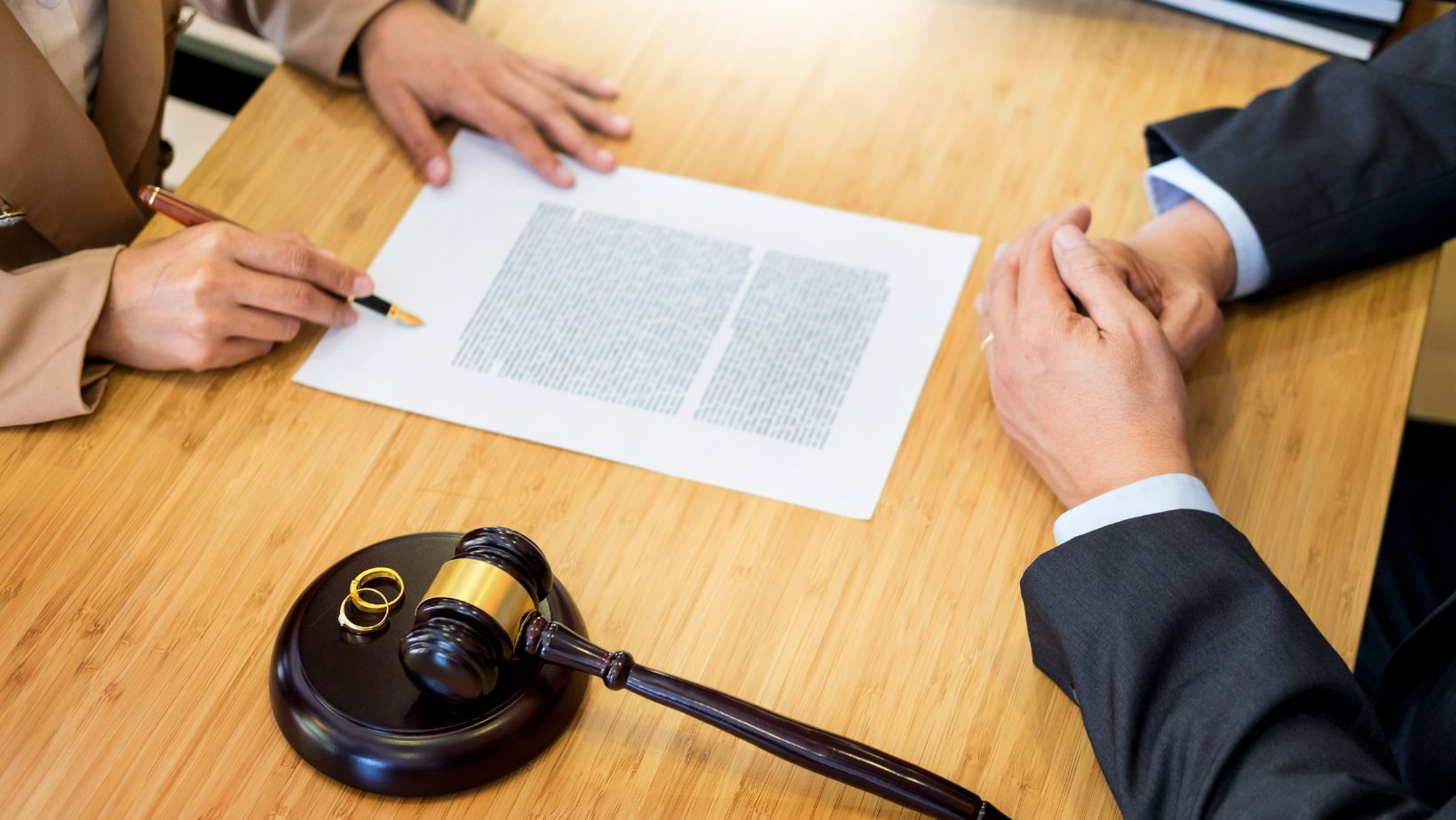Recent family law changes in the US have addressed critical issues, reflecting a growing focus on family and child safety. New laws address domestic violence, joint physical custody, and marriage age in some states and Washington, D.C. These reforms aim to balance and protect the law, according to the American Bar Association.
Domestic violence prevention laws protect survivors, and joint physical custody laws aim to share parenting for children’s benefit. Adjustments to the legal marriage age prevent child marriages and protect minors from exploitation.
In case you’re dealing with legal family matters or divorce, it is important to understand what distinguishes a family lawyer from a divorce lawyer. But how will you know which one is the best options for you? Read on.
Overview of Family Law
Family law is a broad area of the law that addresses everything from marriage and divorce to child custody, adoption and domestic violence. Family laws are those sets of rights and obligations that affect the lives of everyone in the family.
Family law encompasses aspects such as division of property, determining alimony and child support in divorce cases, formalizing adoption and drafting prenuptial agreements. Also, it includes issues related to child guardianship and visitation rights. Understanding law in resolving these issues will help you in taking decisions that will safeguard the rights of you and your family.
Role of a Family Lawyer
Family lawyers specialize in numerous types of services besides divorce, such as child custody, adoption, spouse maintenance or alimony, support, etc., often including guardianship and even patrimonial agreements. They usually try to find ways to make families come together in common and resolve disputes outside of court.
The tasks of the family attorney include drafting legal papers, giving advice based on an individual’s circumstances, and appearing before a court if complaints or concerns arise about needing any representation. The role of the family attorney in mediating family disagreements can often lead to the settlement of issues between the parties without the necessity of litigation. In family disagreements, a family attorney can guide you through to an amicable solution, as your emotions might affect your ability to reason justly. Due to their experience, they can anticipate problems and plan effective solutions, easing the strains of difficult times.
Role of a Divorce Lawyer
Divorce attorneys specialize in handling the legal process associated with divorce, an often complicated and emotionally charged issue. They are there to protect your rights and work for a fair settlement through negotiation or, if necessary, litigation.
When you decide to go through divorce, a divorce lawyer will guide you through the proper steps. Legal and procedural information to be checked takes place to understand and assess all your rights and evaluate your financial position while providing the possible legal alternatives available in the division of assets, child custody, and spousal support. The lawyer will draft the settlement agreement if all agreed up by you and your spouse.
If negotiation fails and you need to go to litigation, the divorce lawyer will fight your case in courtroom to get the best possible outcome. They provide legal support as well. They provide the support that is necessary for the process from the start up to the end regarding this issue, which includes financial terms and custody support. Their goal is to get you ready for the next phase of your life under the best circumstances.
Key Differences Between Lawyers
Other than divorce, family lawyers handle child custody, adoption, and prenuptial agreements. When clients’ legal status changes and they need family law advice, they’ll be there.
In contrast, a divorce lawyer focuses on divorce. It helps you understand divorce claims, settlement negotiations, and rights protection. They will help you manage divorce’s emotional and financial strain and win.
Their training and experience vary depending on how your legal issues are viewed, despite their similar skills and competencies. In a family situation that may not indicate divorce, a family lawyer can be more helpful.
When ending a marriage, a divorce lawyer has invaluable expertise. With such fundamental differences, you’ll identify your conditions to choose the best lawyer for your case.
Choosing the Right Lawyer
Choosing the right lawyer for your situation requires considering what services you will need. Could you be going through a complicated divorce? Does your family need a lawyer for custody or adoption?
Examine the lawyer’s credentials and offerings. You want a lawyer with experience in your field. Find a reputable lawyer by reading online reviews and asking for referrals.
Meet with potential lawyers to discuss your case. Note if they understood and listened to you. A good lawyer should help you understand the legal process and feel comfortable.
Do not overlook fees. Be aware of their rates and services since each lawyer has a different billing structure.
Trust your instincts in the end. Choose someone you like and who shares your values.



